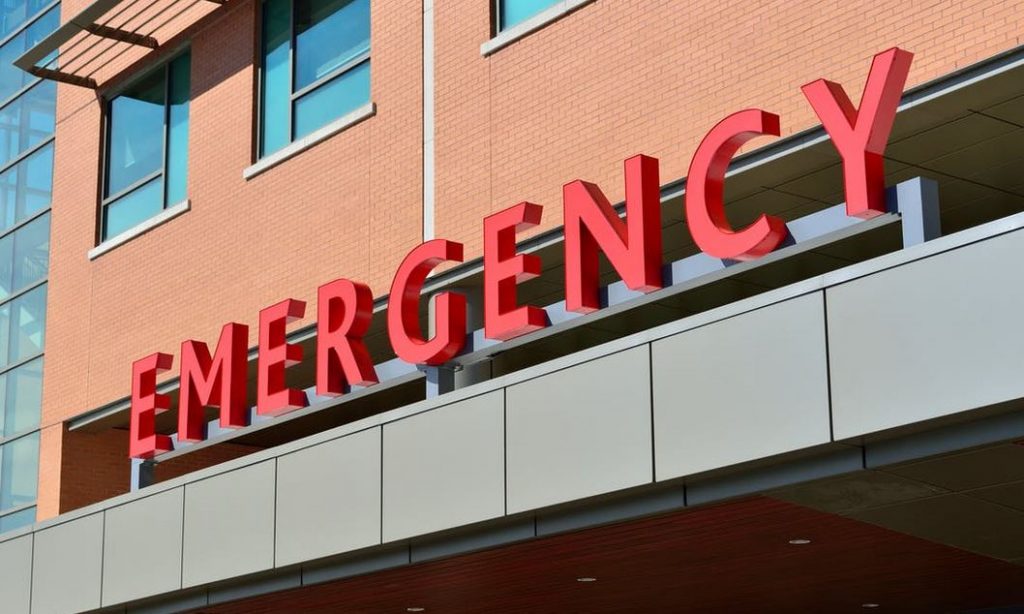Preparing for an emergency is not something that many people think of. But, the truth is that emergencies happen all of the time and can strike at any moment. So, if you are unlucky enough to be in an accident or experience another type of life-threatening situation, it’s essential to know what to do.
Identify The Most Likely Emergencies And Serious Emergencies.
There are various types of emergencies that might come across your path. Some of them are more likely to happen, and others are less likely. The seriousness of emergencies can also vary. This will all depend on how you live your life, where you go, and the decisions you make.
The first step in identifying the highest risk emergencies would be to take some time to think about the top 10 worst things that could happen in your life right now. I know it is a scary thought, but in an emergency, you will have the advantage of having a plan and a calm demeanor. The emergencies on the list may have varying levels of seriousness, so take the time to rank them from 1 to 10. Then start planning.
Being Prepared Is The Key To Successful Emergency Management.
In the event of an emergency, you might not have a lot of time on your hands. Therefore it’s essential for you to have a plan of action and to know exactly what the plan requires.
Here are a few steps to help you plan for emergencies in general. Take note that specific emergencies need specific plans. Consider, for instance, the emergency of a bee sting causing anaphylaxis to the emergency of a house fire. Those two emergencies will require different strategies on how to respond.
Here are a few steps you can consider in the development of your emergency response plan.
- Write out a plan of action for your most urgent emergencies. Remember to keep the plan simple. It needs to be easy to follow.
- Gather and implement the requirements of the plan. E.g., If the plan requires a first aid kit, be sure to get one and have it ready. Google is your friend, so make sure to research the emergency contact numbers for fire and medical response. The Memphis Medical Society, for example, has a database of doctors, making them easy to find.
- Communicate the plan. What good is a plan if no one knows what it says? Make sure all of your family members are sufficiently briefed on the identified emergencies.
- Practice the plan. This is an essential aspect of emergency response. People under pressure often struggle to remember what to do. Practicing the plan will avoid panic when an actual emergency occurs.
- Learn from previous emergencies. When an emergency does happen, it is imperative to think about the incident afterward. Ask yourself what you could’ve improved on and review your old emergency plans.
Remember, all emergencies are different, and for that reason, a one size fits all plan might not work very well. The key is in taking the time to analyze and plan for these emergencies.

